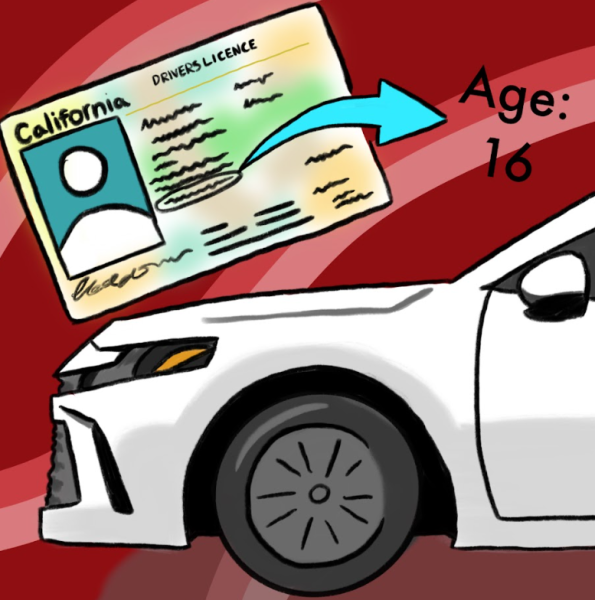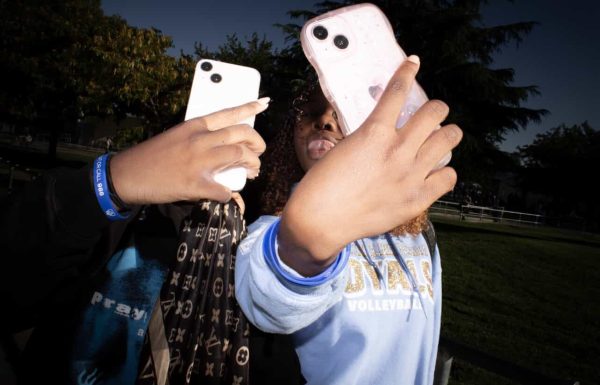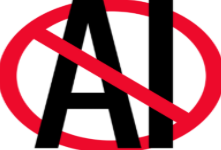“I Don’t Know” Should Be an Acceptable Answer

The silence in a classroom can be deafening after the teacher asks a question that no one knows the answer to. Students become paralyzed, unable to speak up, and say, “I don’t know,” by their own free will. The room quickly fills with the teacher’s disappointment and a growing fear felt by all of the students as they avoid eye contact and make themselves as small as possible in a desperate attempt to avoid being called on. This is an experience that is altogether too common in many classrooms today, and it is holding us back. The inability to freely admit our lack of knowledge limits our ability to learn. Fear of being wrong prevents us from trying things. Not admitting when we need help lets us coast under the teacher’s radar without getting the help we need.
Students have become too scared of being wrong. Some subscribe to the train of thought that if they do not try, then they cannot fail. Instead of using what they do know to attempt to answer the question, they will just give up. They figure that if they do not know ALL of the answer, there is no point. However, the process of finding an answer is crucial. We need to start with the statement, “I don’t know,” and expand to, “I don’t know all of this, but I know what this part of the question means,” and further ask meaningful questions. When we start with what we know, we can find at least part of the answer, if not all of it. Often, once we find a way to approach the question, we will remember more. Admitting that we may not understand all of the question allows us to use what we do know to find some of the answers.
Not admitting what we do not understand allows us to just barely pass through life. We cannot get the help we need to improve. Sometimes, we are able to coast through a class and understand next to nothing with minimal consequences. However, we are doing a disservice to ourselves by not utilizing the resources provided, asking questions, and seeking a deeper understanding of the material. There is a saying that goes, “C’s get degrees.” Note that the saying is not, “C’s save lives,” or, “C’s help answer the world’s problems.”
While the argument can be made that, “I don’t know” is an unacceptable answer on tests and in real life, “I don’t know,” provides us with one of the most important and valuable sentiments when followed by, “but I will find out.”

Wild, crazy, cool are three words used frequently by Mars Gifford, however they are not the words used to describe writing a biography for oneself. What...







